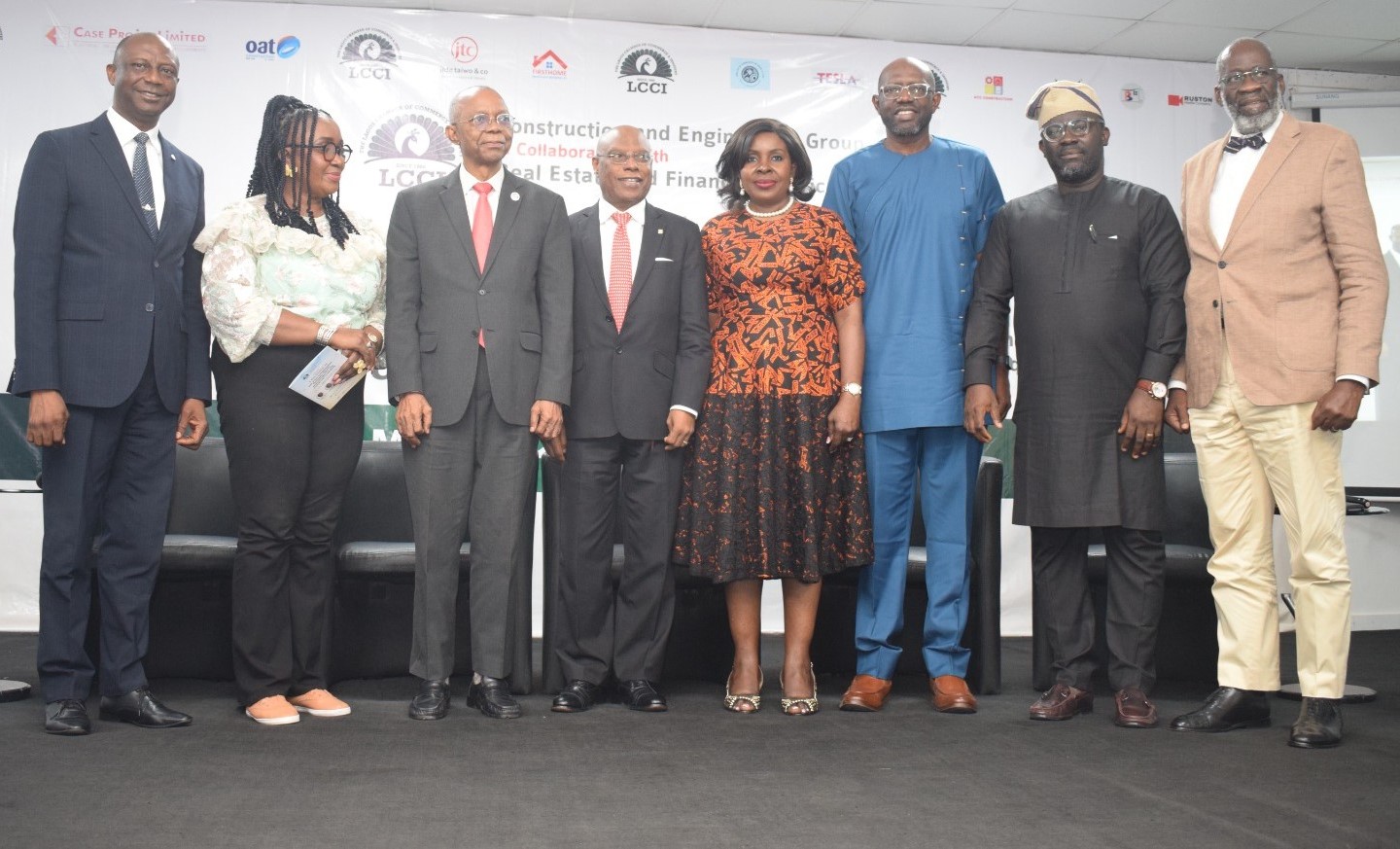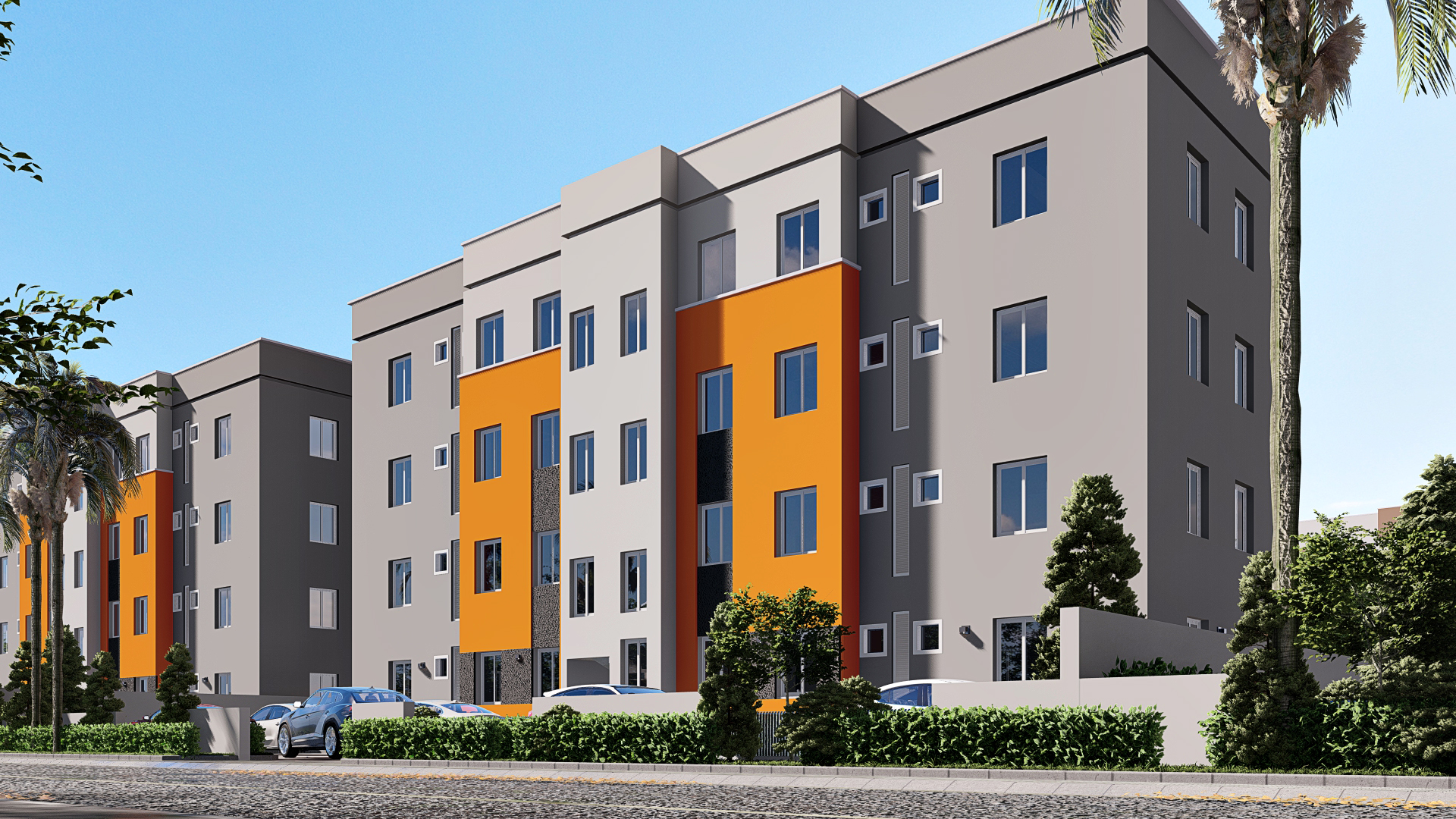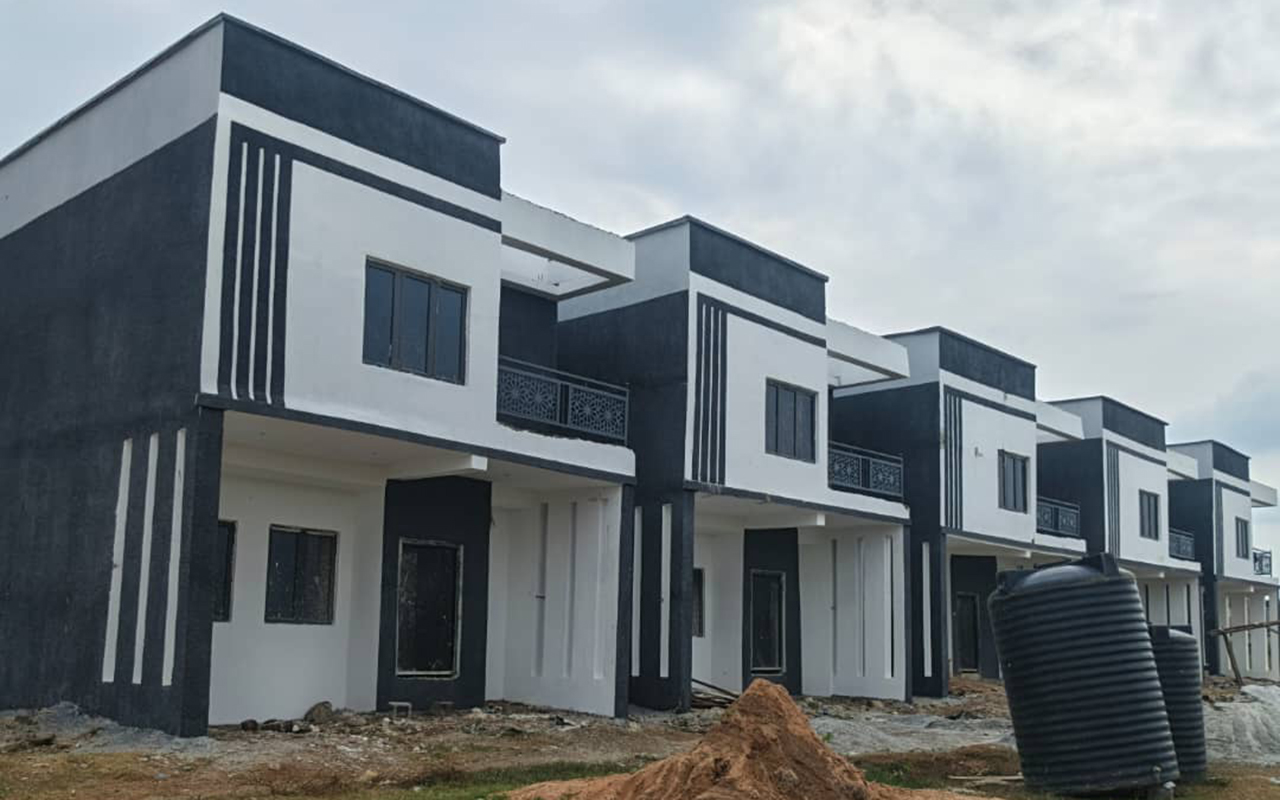
Following growing infrastructure deficit and housing challenges, industry leaders have reiterated the call for a specialised construction bank that will promote long-term financing of projects.
They made the call at a seminar themed: “The Built Environment: Economic Impact, Sustainability, and Future Development”, organised by the Construction and Engineering Sectoral Group, in collaboration with the Real Estate and Financial Services Sectoral Groups, under the auspices of the Lagos Chamber of Commerce and Industry (LCCI).
The event drew experts from construction, real estate, finance, and urban development sectors that discussed the intersections of infrastructure development, sustainability, and economic growth.
President, Commonwealth Association of Surveying and Land Economy (CASLE), Joseph Ajanlekoko, said the bank is overdue as its establishment and operation will benefit the economy and people.
“We need a Nigerian-owned Construction Development Bank, which will be structured to provide vital services and complement the services being provided by other banks and financial institutions. This is going to result in positive synergy with the existing banks and essential in our present circumstance,” he said.
According to him, one of the challenges being witnessed in the industry is the lack of long-term financing for large-scale infrastructure projects. “Local banks, which focus on short-term loans, are unable to support the construction sector adequately. As a result, numerous projects have been abandoned, and building collapses have become more frequent.”
He painted a grim picture of Nigeria’s infrastructure rankings, saying, “Nigeria is ranked 24th out of 54 African countries in the Africa Infrastructure Development Index (AIDI) in 2020, a position that reflects our slow progress in addressing critical infrastructure needs.” He emphasised the urgency for long-term solutions and financial innovation to tackle these issues.
Despite projections showing Nigeria’s real estate sector reaching $2.26 trillion by 2024 and $3.02 trillion by 2028, the country still faces a housing deficit of 28 million units, particularly in urban areas.
Rapid urbanisation and a population surpassing 200 million, exacerbate the housing crisis in urban cities where the demand for residential and commercial properties exceeds the supply.
He said: “This presents a unique opportunity for developers and investors, especially as rapid urbanisation in cities like Lagos, Abuja, and Port Harcourt drives increased demand for both residential and commercial real estate.”
Ajanlekoko, who was the lead speaker, highlighted the role of sustainability in Nigeria’s development trajectory.
He stated that adopting sustainable building practices and using technology could reduce construction costs while ensuring the durability of projects.
“Sustainability should be at the core of our efforts to rebuild the nation’s infrastructure,” he said, adding that these practices would improve efficiency, resilience, and environmental responsibility in the built environment.
The former president, Nigerian Institute of Quantity Surveyors stressed the importance of skilled labour in the construction industry, saying “Concerted efforts must be made to develop vocational training programmes and improve education in technical fields.
“In partnership with the private sector and government agencies, the goal should be to equip our labour force with the skills needed to enhance productivity and innovation in the built environment.”
LCCI President, Mr Gabriel Idahosa, highlighted the need to raise standards and address systemic challenges in the industry.
He stressed that lack of adequate financing often forces developers to cut corners and compromise the quality of materials and construction.
Idahosa also called for stronger enforcement of existing regulations, such as the national building code, to ensure the safety and sustainability of buildings. “The regulatory framework exists, but the biggest issue is enforcement. Corruption and lack of transparency among inspectors allow for substandard practices,” he said.
The Chairman of LCCI Construction & Engineering Sectoral Group, Adesoji Adeniji, said the future of the built environment business space depends on the ability to think beyond conventional boundaries and embrace long-term sustainability in both policy and practice.
He stated that “innovation and technology must take centre stage as we strive to balance profitability with ecological stewardship. Sustainable building practices and the use of renewable energy will allow us to reduce costs, improve project efficiencies, and position our businesses for long-term success.”






